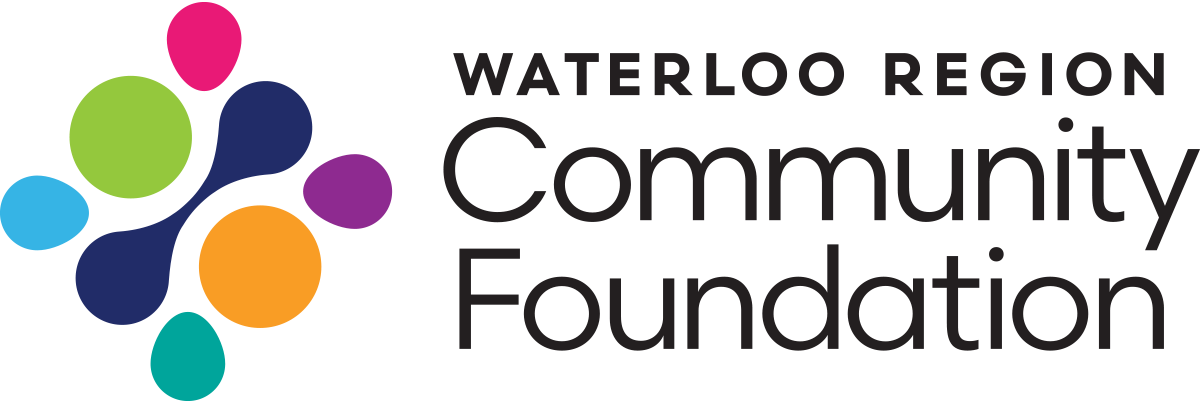VALUABLE RESOURCE: Coalition of Muslim Women of K-W expands support with help from WRCF through Fund for Gender Equality
Countering gender-based violence is an uphill climb, with barriers that exist individually and within systems.
Coalition of Muslim Women of Kitchener-Waterloo (CMW) continues to challenge these barriers by offering programs and tools that support the charitable organization’s mandate of empowering women and girls to be leaders and changemakers.
Since 2010, the Waterloo Region-based coalition has provided Muslim women opportunities for personal and professional growth, leadership and skills development.
When it comes to gender-based violence, CMW is well aware of the prevalence and toll. It addresses the issue among racialized Muslim women and their families through one of its four core programs, called Towards Violence Free Homes. This outreach and support program provides those impacted with resources to back each journey.
The program is multilingual, with a team of community support workers who collectively speak seven languages.
Recently, the Towards Violence Free Homes program was bolstered by a multilingual chat component, giving those facing gender-based violence a direct line to help. The chat tool is a response to a CMW needs assessment conducted during the global COVID-19 pandemic and involving some 500 women in the community.
The chat resource was set in motion with help from Waterloo Region Community Foundation (WRCF) through the Fund for Gender Equality. The Fund for Gender Equality is a collaboration between Community Foundations of Canada and the Equality Fund, supported by the federal government. Of the $3.4 million granted by community foundations nationwide, WRCF distributed some $296,000 through the fund in 2023 to support 12 local organizations leading initiatives to support women, girls, Two-Spirit, and gender-diverse individuals working towards a future grounded in equity, inclusion and justice.
“We had an online session, and we saw (many) women log on with different names, keeping the camera off, and so on,” said Wisam Osman, CMW’s Director of Programming and Services. “This is where the chat tool idea came from. How can we provide information without the need (to reveal) who you are.”
The anonymous chat tool has been operated by nearly two dozen volunteer agents recruited and trained by CMW thanks to the funding, which also allowed volunteers to receive an honorarium for expenses incurred.
“Mostly it’s to connect with resources, send (those impacted by gender-based violence) links to where they can reach out to whatever resource that they’re asking for,” Osman said. “The chat tool agents are trained in a way that, if they start to hear more details, then they would offer to connect them with a community support worker of the Toward Violence Free Homes program.”
The chat has proven valuable beyond its direct function, CMW Executive Director Fauzia Mazhar said.
“On the other end, there is education and awareness in the community through the training of the volunteers. It’s a huge thing for us. We take it very seriously because it’s part of our mandate of empowering racialized Muslim women, empowering them with knowledge so that they can spread that knowledge,” she said. “The more people know, the better it is for everyone. Word of mouth is the best way to send the information. Also, it’s coming from a trusting source.”
The need for this new tool has not been in doubt since its launch.
“I think in the first three months or so we had 100 chats,” Mazhar said. “We weren’t expecting this. This is a project that we started as a (pilot) project. We did not know that so quickly there would be 100s of chats. That was quite eye-opening for us.”
This form of communication “removes one more barrier” faced by racialized women, Osman added, by “making it easier for them to find the information that they want and also providing different languages that they can use.”
“To get to the point of reaching out to someone, it takes a lot of courage. We are now able to provide support in a way that makes it easier for women to reach out”
“The training that each volunteer agent receives is long-lasting while the volunteer opportunity itself is a valuable chance for racialized women in the community to give back,” Osman said.
As for the organization’s relationship with WRCF, to say it has been a special one would be an understatement.
"WRCF has been a very integral part of our journey from the beginning. The first grant that we received was from WRCF. And a lot of grants afterward,” Mazhar said. “But it’s not about the grants, it’s not about the money, it’s about the relationship.”
She added: “Years ago when we started and we had ideas but we didn’t have the confidence that our ideas would be taken seriously, we met with the WRCF team and their response was, ‘OK, this is a great idea.’ They’re always there. That support ... having the confidence, the belief in us, especially in our formative years, was transformational for us.”
For more information on the Coalition of Muslim Women of K-W, visit cmw-kw.org.
To learn more about WRCF’s Fund for Gender Equality, go to wrcf.ca/gender-equality.


